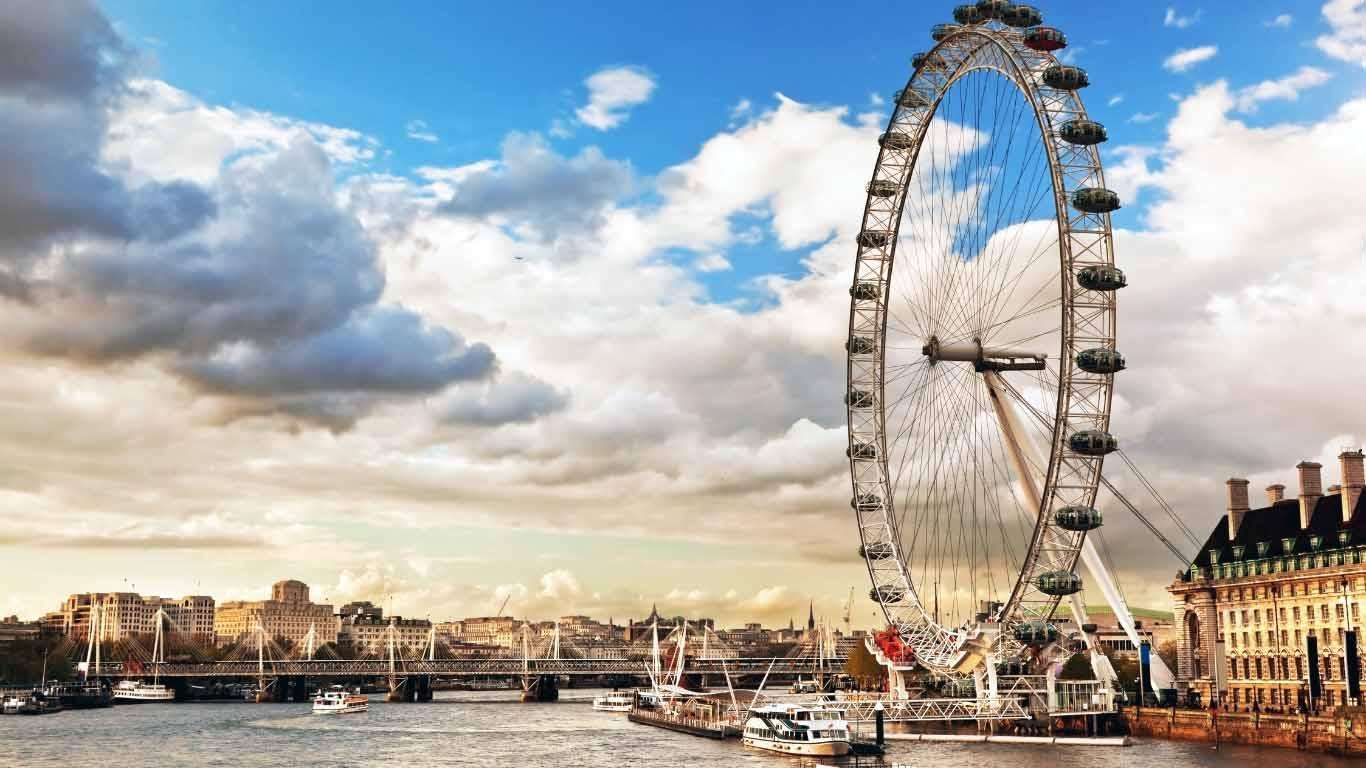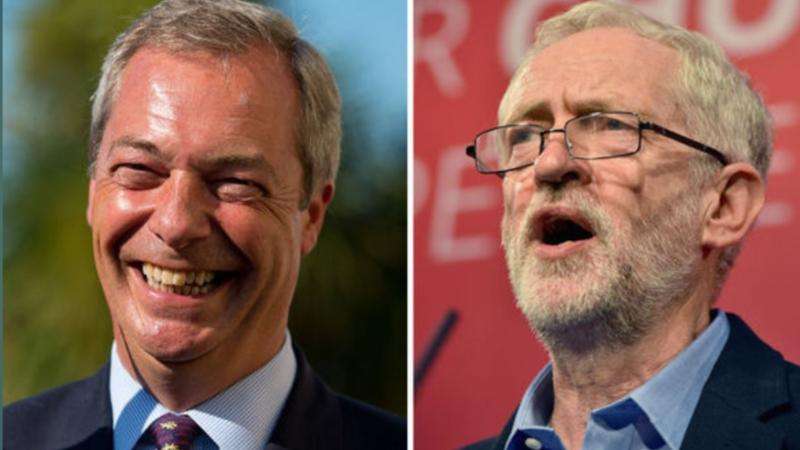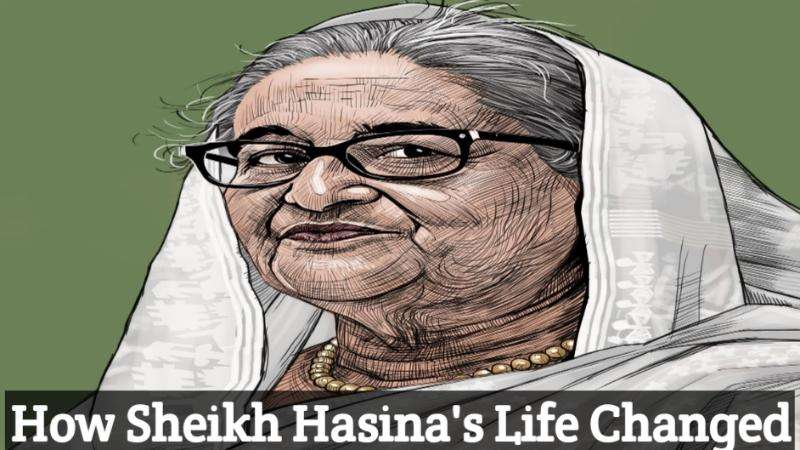The United Kingdom, a nation long held as a model of a stable, prosperous economy, is now facing systemic failures that are eerily similar to those of far less developed nations. This isn't just political rhetoric; it's the daily reality for millions, and it signals a deeply concerning trend that could redefine the nation's future.
A staggering one in five people in the UK live in poverty, a figure that includes a third of all children. This crisis is a direct result of austerity measures and welfare cuts that have left the social safety net in tatters. For millions, the struggle to meet basic needs has become a grim, everyday reality, with living standards for many now resembling those in countries the UK typically provides aid to.
The nation's public services are on the brink of collapse. Local councils are declaring bankruptcy, forcing the closure of vital community services. The National Health Service (NHS), a cornerstone of British life, is under immense strain. While there have been some minor improvements, millions of people are still on waiting lists for treatment, with many waiting for over a year for crucial procedures. This decay is a symptom of a broader problem: a decade of underfunding that has left essential services operating on fumes.
Adding to the nation's woes is its crumbling infrastructure. Major projects are plagued by delays and cost overruns, while fundamental systems like water and flood protection are in a state of disrepair. The scandal of raw sewage being dumped into rivers and seas is a stark example of a failing system. This inability to build and maintain core infrastructure is a clear marker of national decline.
Economically, the UK's over-reliance on foreign investment and the sale of public assets echoes the strategies of struggling economies. This approach provides short-term gains but weakens the country's long-term resilience and leaves it vulnerable to economic shocks.
The compounding effect of these issues is creating a palpable sense of political instability and public disillusionment. As frustration over the cost of living and the state of public services grows, so does the feeling that the system is fundamentally broken. While the UK is not a developing nation, the fact that such a comparison no longer seems absurd is a profound and urgent warning. Without a significant shift in policy and investment, the gap between the UK's self-image and the reality of its citizens' lives will only continue to widen.








.svg)


